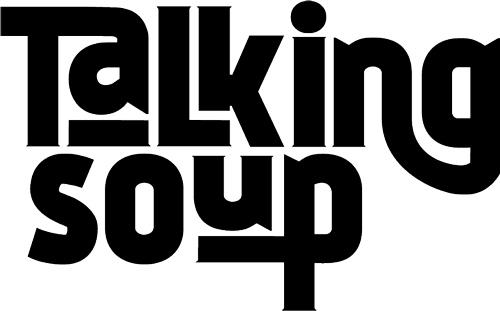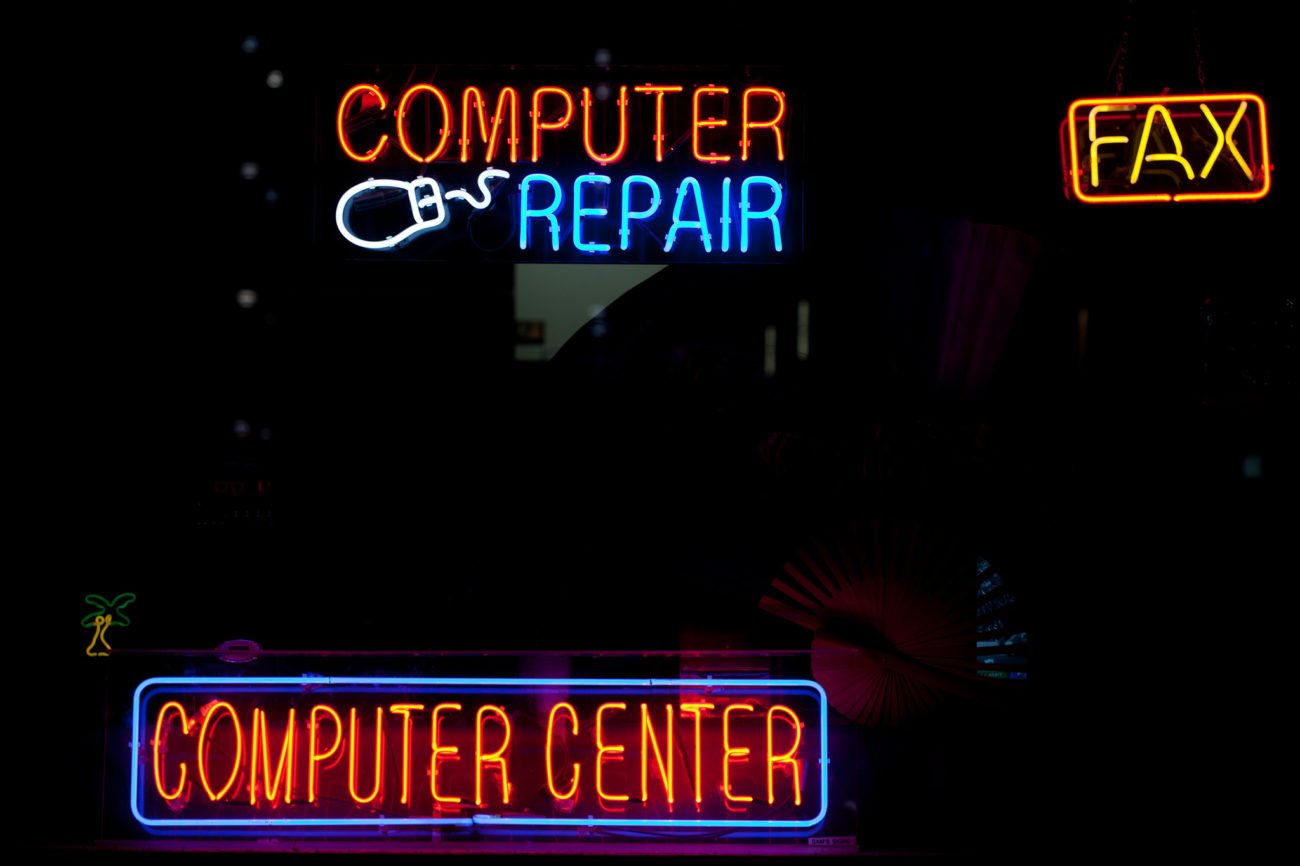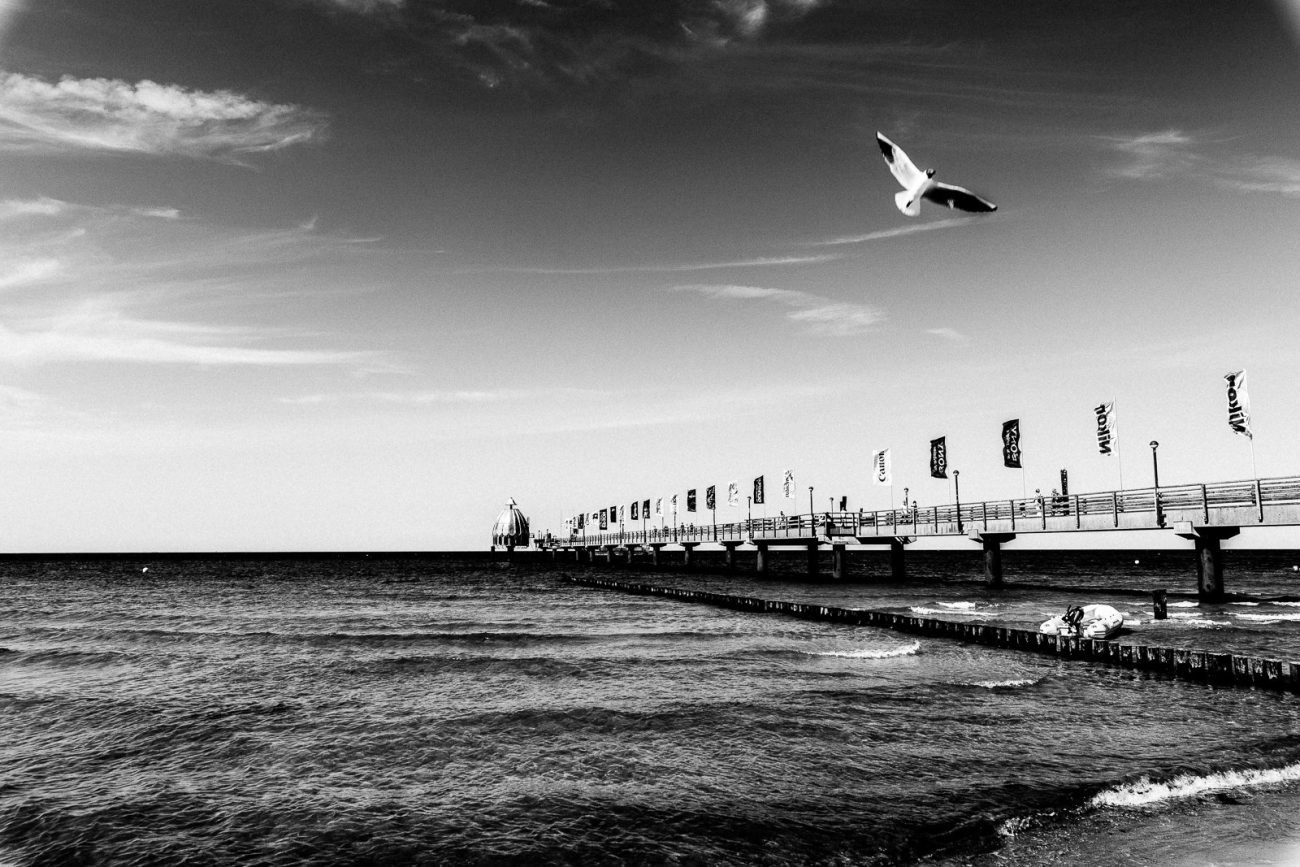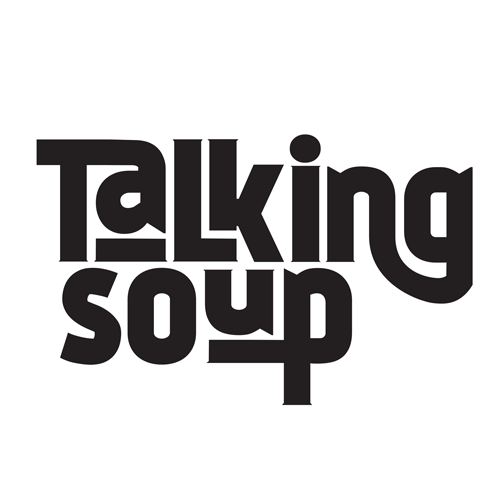This story is taken from a recorded interview and is transcribed with very little editing to preserve the details.

My name is Norman Gavin Alexander Macaulay. My family are from the Outer Hebrides, in the Isle of Lewis. I had quite an easy introduction to life, I wouldn’t say they were wealthy, but they were comfortable. I had a good young life.
My school life was, I think I was popular enough, I used to get on with most people. Education was always a struggle, I’ve always had a shocking memory, from a very early age, and academically, it was always difficult, terrible speller. I always say that school days being the best days of your life is not true, but they weren’t unhappy times.
The first time I was aware of my social class was when my parents wanted me to go to grammar school, it was either that or the comprehensive. It was a bit of a failure to go to the comprehensive, and I suppose that was the first indication that I needed to be in a better level of education, which went with the job that my dad did, and their aspirations.
My father worked for BP and Shell. He used to be a sales rep for petroleum. I always thought it was an important job, I was quite proud of what he did. He had to travel a lot for his work, which meant we didn’t see much of him in the day.
I did end up going to Hipperholme Grammar. My parents were surprised and proud. I was happy there. Art was obviously something I was good at, it was the best class during the week. But being a grammar school, if they could have got rid of it, they would have done. It wasn’t taken very seriously, so I didn’t really imagine pursuing art in further education or a career. I thought what’s the point of me being here, trying to get a good education, and doing art.
My latter years at grammar school, I made a mess of my O Levels, so I had to resit after some extra tuition. I got my Maths, English and Geography O Levels. It meant I had to waste several months and it was a bit embarrassing, but it was something that needed to be done.
After leaving school I applied for the Percival Whitley school of art in Halifax, to do an art foundation course. It was a natural progression for me to do the course. I think my parents feelings about doing art, they were quite positive. The school years had been quite difficult, I think they were quite happy I was carrying on with education, trying to better myself.
The first time I picked up a camera was when we went on a safari park. I had my first instamatic camera which was mine. I can very clearly remember taking pictures in the park.
I was quite surprised how I was always trying to find a different way of tackling a subject with my camera during my college years. I was quite competent at drawing and painting, but I was able to find creativity in my photography, which I didn’t have the confidence in my painting. My photography tutor was one of most surprised people when I informed him on what colleges I was going to apply for, I’m not even sure he was aware of who he was.
When I applied for Trent Poly, to do a diploma in creative photography, I think they found something exciting in my work, enough to take me on.
Trent Polytechnic seemed like an exciting place. The course seemed good. They need a good mix of people and abilities and characters, and I just seemed to fit in there.
I remember on my final degree show, hoping somebody would come and give me a job. I hadn’t a clue what they would have had me doing. My work was very personal, but not very commercial. It was a necessity for me to get a job. I went for an interview as a masseur and ended up getting a job at a leisure centre. I was a pool attendant for a number of years after university. I suppose like a lot of students, it was a case of getting a job. If there is nothing going in your field, then it’s just a necessity to work, and I was a good swimmer.
I remember taking my photographic work to a gallery in Nottingham. It was a place in the centre where everybody exhibited their work. I went for an interview with my leather suitcase rammed full of prints, and my editor, so I could show them a short film I’d made. They loved my work, I can’t remember why I never exhibited there though.
I can’t remember doing commercial photography after Trent Poly. I did a lot for myself, like a hobby. I always saw it as more than a hobby, I always thought, when you are educated in something, you are something special. I got a 2:1, and I was proud of that.
I moved back to Yorkshire because my girlfriend was working in Bradford and I very quickly got a job on the dustbins. I’d done the job as a student, before I went to Nottingham University, just as casual labour, but also to make enough money to buy by Nikon camera.
I’ve worked on the bins now for 27 years. I am a team leader, I have been for the past 15 years. We work 39 hours. When I first started on the bins, we used to finish a lot earlier. Sometimes on a Friday my dad would be heading out to work when I was getting home. We work a longer day now, I think the public are getting value for money.


When children look at us, we’re probably quite low down on the scale of jobs, the bins is somewhere near the bottom, whereas a doctor would be near the top. I would advise children to do very well at school, so they don’t have to become a bin man. I would say it’s a good life though, I would say to them I’ve been doing it for 27 years so it can’t be that bad.
I think society sees rubbish collection as a very necessary thing. They’ve got a problem, they’ve got a load of rubbish they need clearing each week. So we’re doing a very necessary job. We’re not the most popular of people, we don’t have a particularly good relationship with the public, where as before, they just saw us as hard working blokes that took all the rubbish, but now they see us as the bin police.
I think all of us enjoy working outside. Most people have done a factory job where you are just watching the clock all day, there is none of that on the bins. You’ve got a task, and you just get on with it, quite often you are oblivious to the time, unless time is running out, and you’re wishing in a way there is a bit more time to get the task finished.
We live in the same house that we’ve been now for slightly more than 26 years. It’s in Brighouse, pretty much my home town. Days off are quite special. I don’t mind my job, it’s just something you do, I just keep getting up and going to work. But when you’re not working a day, it is special, the freedom to do what you want. You want to use the time as much as you can. We need rest days, because my job is very physical, I do need my weeks off to recover.
I wish I had more time just to do the things I want to do, my photography, the saxophone, I’d like to progress with that. The thought of winning the lottery, and be able to go out and explore the world and make a record of everything I see. I’d like to make good images that people like to live with. To put up a really good exhibition would now be my main goal in life. I have had odd bits of work in exhibitions, I think, if I live my life and look back and haven’t achieved that, what I think is excellence, I would be disappointed.
Otherwise, it’s just being happy, content. I think I’ve lived a life where I’ve enjoyed it. I don’t have any regrets with the job that I’ve done, because it does interest me. You never know what’s going to be under the next wheelie bin lid.




Beyond Work is a project by Curtis James and documents humans at work using words and reportage photography, with no judgement or glorification. It’s an attempt at unearthing the social, cultural and functional world of work that’s invisible in everyday life.
This work is about looking at and observing everyday life, and in turn inspiring people to be more aware and sensitive to the needs of humans at work.
To see more visit the Beyond work website – http://www.thisisbeyondwork.com/ and follow on Twitter and Instagram.
Curtis James is the creator of 'Beyond Work'. Beyond Work is driven by a simple purpose, to unearth the working lives of people whose jobs are often invisible, and for the stories that come out to inspire us all to make the world of work a respectful, humane and kind place that rewards people with more than money.








